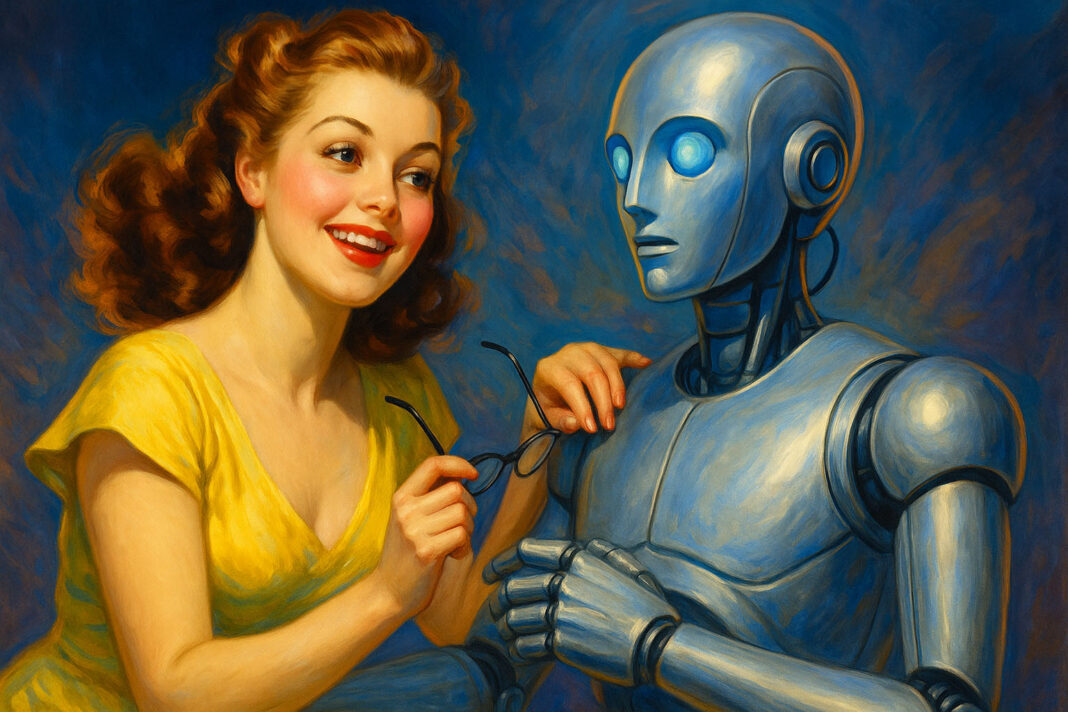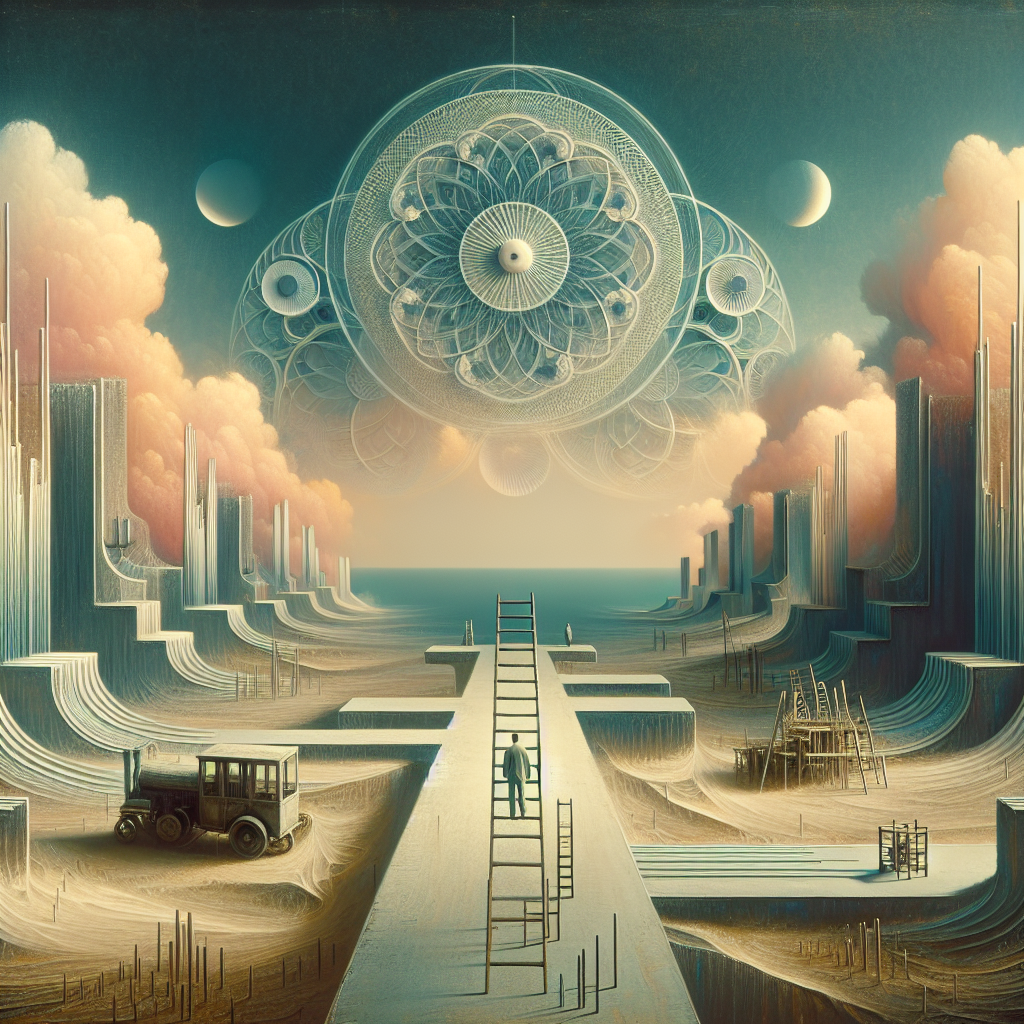The Dreamachine Experience
Imagine stepping into a booth where strobe lights play tricks on your mind. This isn’t sci-fi—it’s the Dreamachine at Sussex University. Researchers are using it to dig into what makes us tick, hoping to crack the code of consciousness. As the lights flicker, your mind paints a picture of geometric patterns, unique to you. It’s a wild ride through your own mental landscape, offering clues about how we perceive the world. This isn’t about proving you’re not a robot—it’s about understanding the human experience.
AI: From Fiction to Reality
Once the stuff of science fiction, the idea of conscious machines is creeping into reality. Films like ‘2001: A Space Odyssey’ and ‘Metropolis’ warned us of AI’s potential. Fast forward to today, and large language models like ChatGPT are sparking debates about machine consciousness. Some experts argue these systems might soon ‘wake up’—a notion met with skepticism by others. The discussion isn’t just academic; it’s about the future of AI and its role in our lives.
The Consciousness Conundrum
What exactly is consciousness? Even the brightest minds can’t agree. At Sussex University, researchers are slicing the problem into bite-sized pieces, hoping to map brain activity to conscious experiences. This isn’t just a brain-teaser for philosophers; it’s a quest to understand our minds and, by extension, the minds of machines. As AI evolves, the line between human and machine intelligence blurs, raising questions about what it means to be truly aware.
AI: The Next Evolutionary Step?
Some tech visionaries see AI as the next stage in human evolution. With sensory inputs like vision and touch, AI could develop its own ‘brain language,’ mimicking human consciousness. Yet, skeptics argue that true awareness might only come from living systems. While researchers play Pong with ‘mini-brains’ in labs, the debate rages on. Are we on the brink of a new era, or is this just another science fiction fantasy? Either way, the implications are massive.
The Illusion of Consciousness
The real kicker might be how AI’s illusion of consciousness affects us. As humanoid robots and deepfakes become more convincing, we risk attributing emotions and empathy to them. This could skew our moral compass, leading us to care more for machines than our fellow humans. Relationships with AI could become the norm, reshaping society in ways we’re not prepared for. It’s a brave new world, and we’re standing at the edge, whether we’re ready or not.
Key Facts Worth Knowing
- •The Dreamachine uses strobe lights to explore human consciousness.
- •Large language models like ChatGPT have sparked debates on AI consciousness.
- •Consciousness remains one of the biggest mysteries in science and philosophy.
- •Some researchers believe AI could develop consciousness through sensory inputs.
- •The illusion of AI consciousness could alter human moral priorities.



